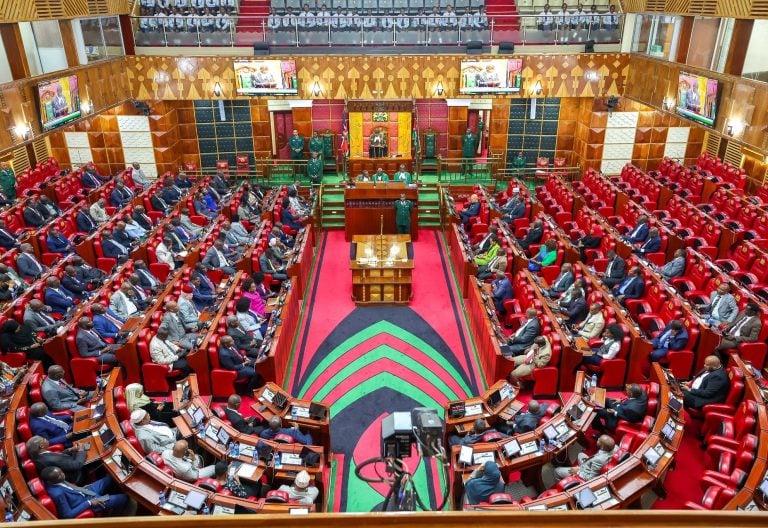When people are trapped with no escape route
By Stephen.Ndegwa, March 21, 2024Were it not the fact that we fully agree our country is now one big mental asylum, we could have contested the recent verdict by the fourth annual report on the Mental State of the World that revealed 23 per cent of Kenyans are distressed and struggling with their mental health.
Going by Kenya’s estimated population of more than 48 million, the Global Mind Project report released early this month indicates that at least 11 million Kenyans are in dire straits.
The Mental Health Quotient online tool evaluates mental health across six dimensions: social self, mood and outlook, adaptability and resilience, drive and motivation, cognition and mind-body connection. But academics aside, we have grave individual and collective mental health challenges.
If this southward trend continues in the next five years, we will live in a society where, in the words of Thomas Hobbes in his Leviathan, there is “no arts, no letters, no society, and which is worst of all, continual fear, and danger of violent death, and the life of man, solitary, poor, nasty, brutish, and short.”
Last Thursday, I had a rather candid chit-chat with a Catholic priest, who opened up about the crisis facing priesthood.
The tipsy gentleman – we were doing shots of William Lawson – revealed that in the last three years, he knows up to 13 priests who have committed suicide, a fact that the church has tried its best to conceal.
The priest told me that by the nature of their work, priests suffer from a lot of loneliness and depression. An increasing number of priests are as carnal as it gets, a gross violation of the Canon Law.
Generally, what do you expect of the mental health of people who daily are inundated by macabre news stories in the media about gory murders and rape of months-old babies?
Every other media channel thrives on news of suicide, drug abuse, corruption, serious crime, death and fatal accidents. Kenyans are fast losing faith and hope in both religion and humanity, respectively, a dangerous development that portends ill for the country’s sanity.
The drastic spiraling in the cost of living has exacerbated these woes. Many families can hardly make ends meet.
Men, who are still the major breadwinners, have been pushed to the wall by pecuniary embarrassment, and the subsequent loss of face in front of their unforgivingly demanding families.
The new non-negotiable punitive tax policy has eroded incomes particularly of salaried employees, many who have nowhere to turn to for relief.
The road rage epidemic that has taken root on our roads, particularly in Nairobi, is testament of a stressed out people. Our crazed matatu drivers are now in good company as they drive recklessly and selfishly on our roads.
Otherwise respectable and right thinking Kenyans turn into beasts when they sit behind the wheel, projecting their frustrations on anyone who crosses their way.
The youth, or is it Gen Z, is another demographic that has totally lost it. This generation of increasing drug addicts and alcoholics plays by no rules, and lives in a make-believe virtual reality. As long as it’s on social media, it’s real.
Their gospel is, fake it till you make it. It has led to a large number of young people becoming nervous wrecks due to peer pressure, which explains the high rate of suicide in this age group after they hit a cul-de-sac.
We must go back to the basics and rediscover the core values that Gen X lived by. These principles have contributed to the resilience of the generation that grew up in the 60s, 70s and 80s.
We must tell our youngsters to stop keeping up with the Joneses, and work systematically and organically to achieve their dreams. There is no lift to success; you have to take the stairs.
—The writer is a PhD candidate in International Relations
More Articles

